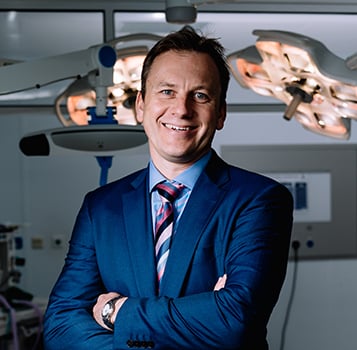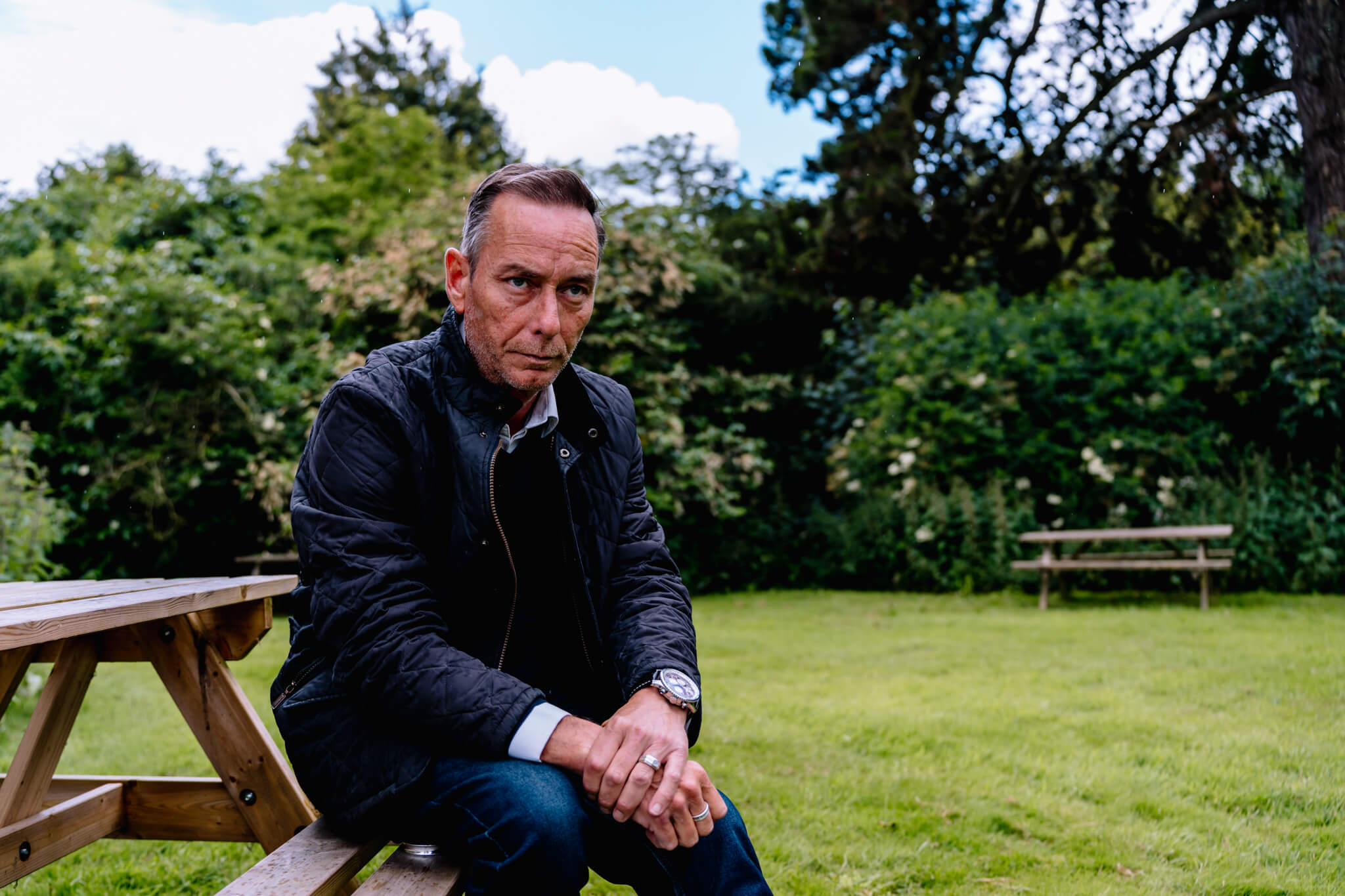Yorkshire Clinic Specialists
-
Mr Peter Bobak
Mr Peter Bobak is a Consultant Orthopaedic Surgeon in West Yorkshire, Bingley, working at the Yorkshire Clinic
Read more -
Mr Richard James Grogan
Mr Richard James Grogan is a Consultant Orthopaedic Surgeon in Yorkshire who specialises in hip and knee replacement, arthroscopic knee surgery and hip re-surfacing.
Read more -
Mr Stephen Guy
Mr Stephen Guy is a Consultant Trauma & Orthopaedic Surgeon with a specialist interest in Knee Surgery
Read more -
-
Dr Alastair Jones
Dr Alastair Jones is a Sports Medicine and Musculoskeletal Consultant in Yorkshire
Read more -
Mr Graham Stuart Radcliffe
Mr Graham Stuart Radcliffe is a Consultant Orthopaedic Surgeon specialising in knees, working at the Yorkshire Clinic.
Read more -
-
Mr Thomas Frederick Taggart
Mr Tom Taggart is a Consultant Orthopaedic Surgeon in Bradford, West Yorkshire who specialises in hip and knee surgery.
Read more -


